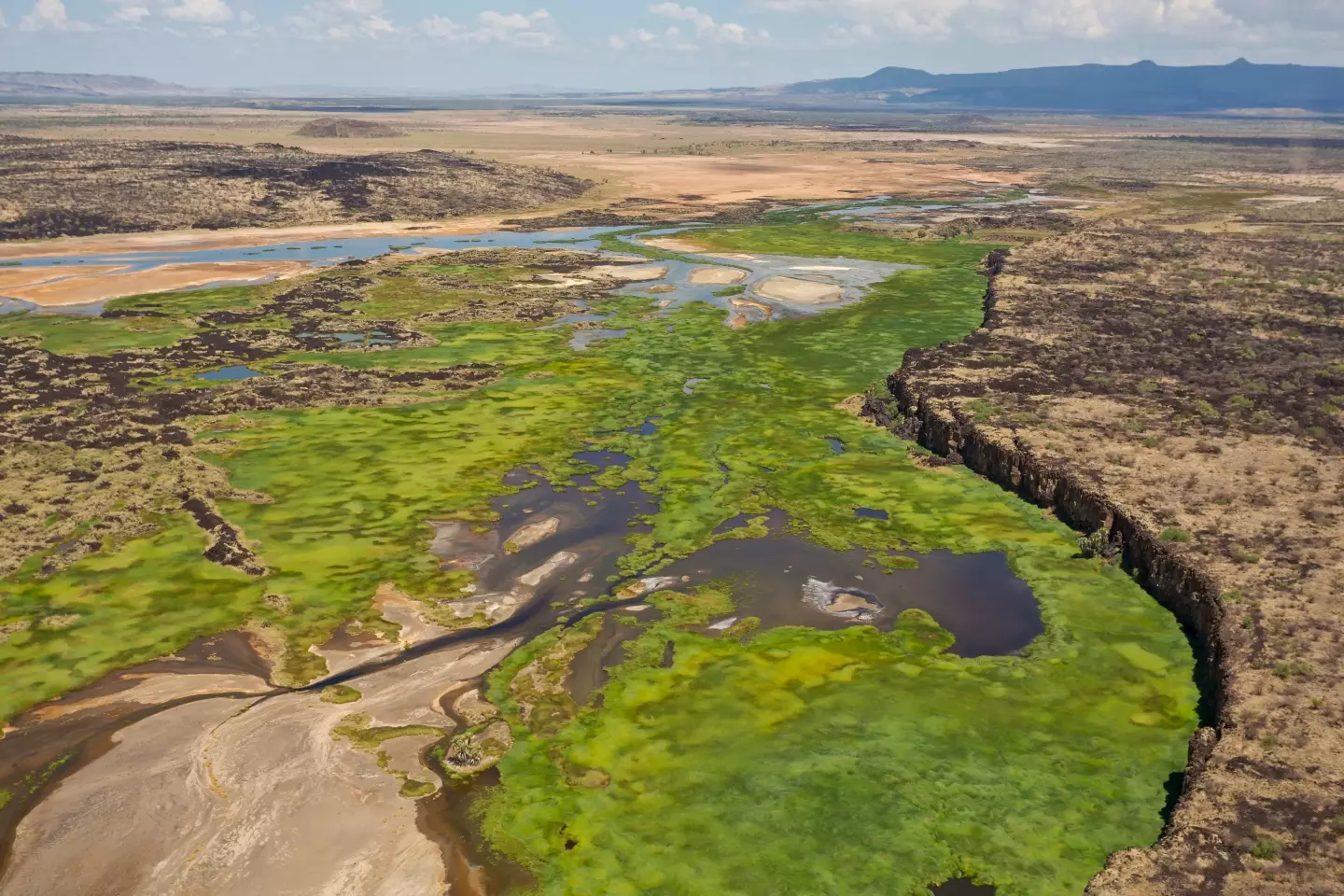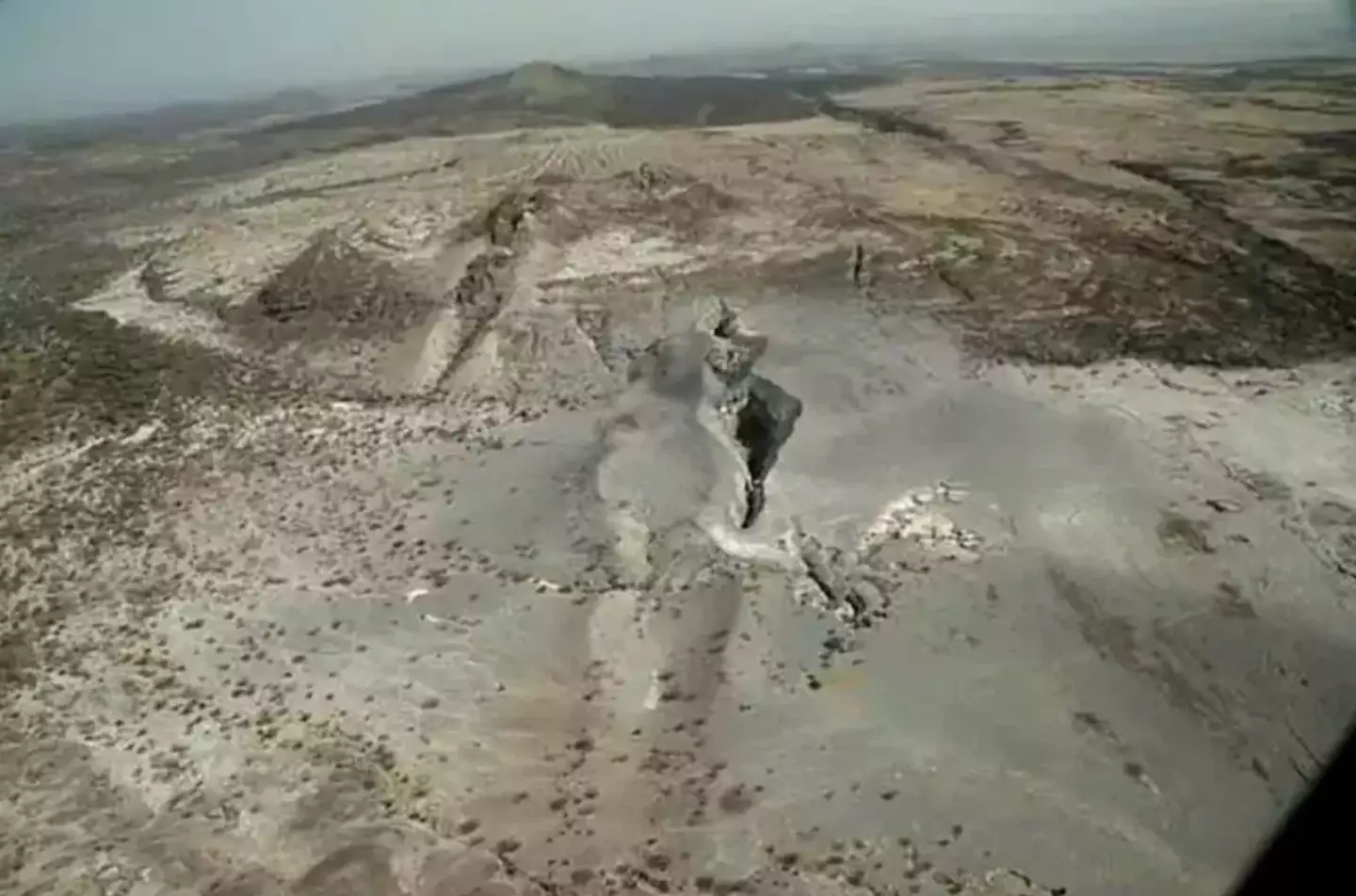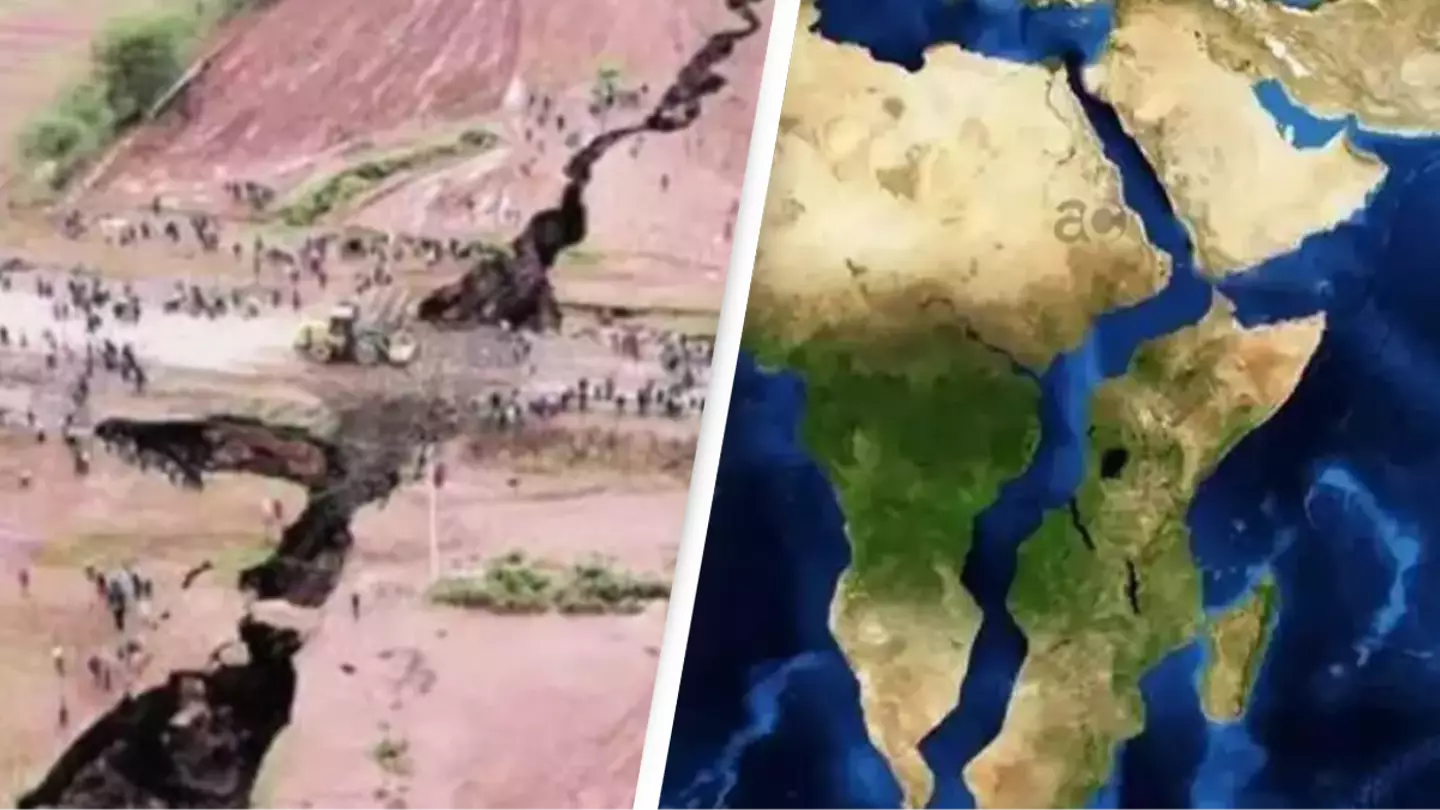Ever wondered what Earth looked like millions of years ago? Well, it was a whole different ball game! Picture this: a giant super-continent named Pangea, where all continents were snuggled together like a big puzzle. Fast forward to today, and you’ll see a planet that’s been through a massive makeover with continents scattered over the globe.
But the drama doesn’t stop there! Earth is still changing right before our eyes. Imagine coastlines reshaping, continents drifting, and new oceans forming. It’s like watching a slow-motion movie of the Earth’s surface transforming!
Speaking of transformations, Africa is giving us front-row seats to its own continental split. That’s right, Africa is literally splitting in two, and we have the details on how and why this monumental change is happening.

Let’s dive into the details! Recent observations show several long cracks running through the continent. Some experts believe these cracks indicate that the African plate is breaking apart. This could mean that, eventually, countries like Zambia and Uganda could end up having their own shorelines!
However, not all scientists are on the same page about how these cracks came to be. While some attribute them solely to the tectonic forces at play, others think erosion might be the culprit.
Lucía Pérez Díaz, a keen researcher at Royal Holloway University of London, has a different take. She believes it’s a mix of both tectonic activity and soil erosion that’s causing these visible cracks.

According to Díaz’s research, as these rifts extend and reach the coastlines, the ocean will start pouring in. Over millions of years, this will sever one part of Africa from the other. Imagine Africa, but not as one massive continent we know today!
It’s kind of like what happened with the British Isles. They weren’t always islands; they used to be connected to Europe. But all it took was a valley eroding away and a dramatic flood, and voila! The British Isles were born.
So, next time you’re looking at a map of Africa, just think: you might be seeing the early stages of a whole new geographical layout that our far-future descendants will learn about in their history (or should we say geography?) classes. Africa, the continent of dramatic changes, keeps us all on our toes!

